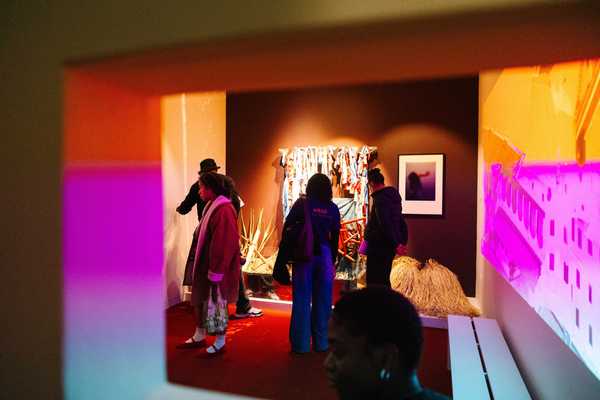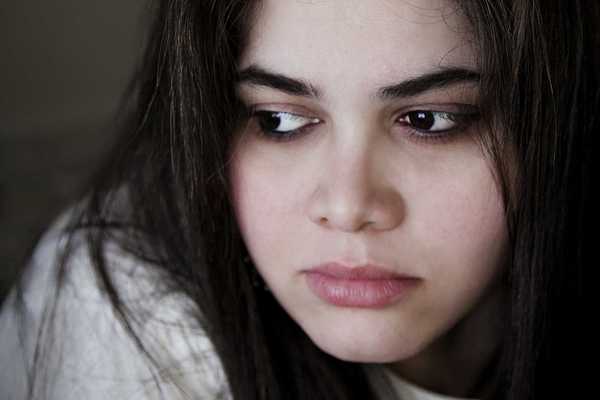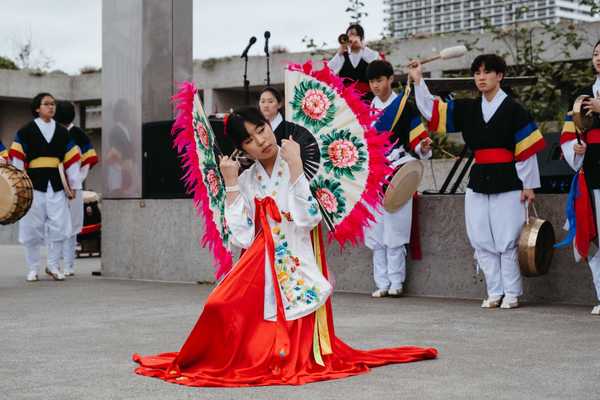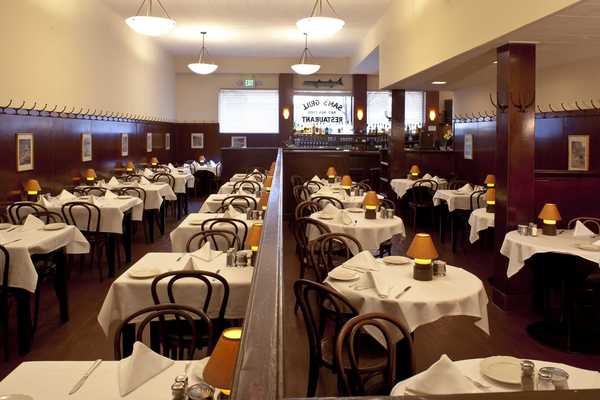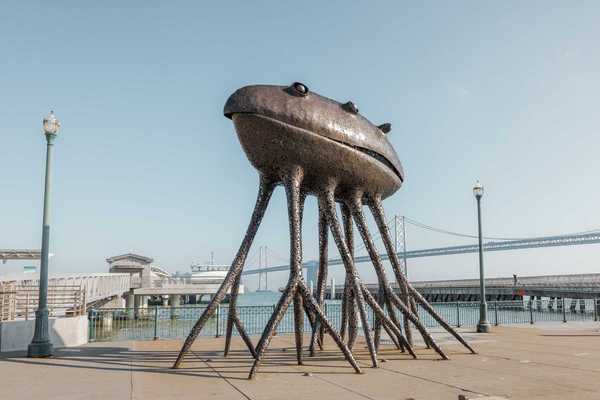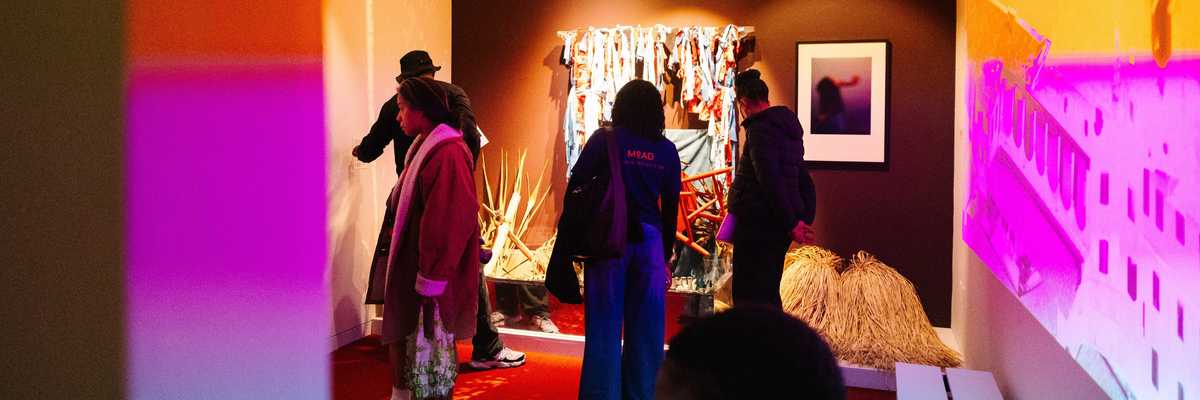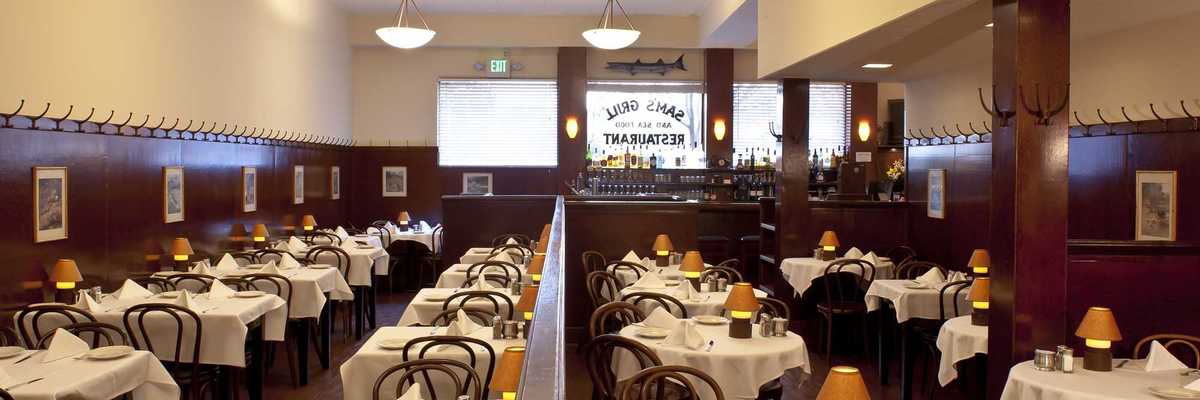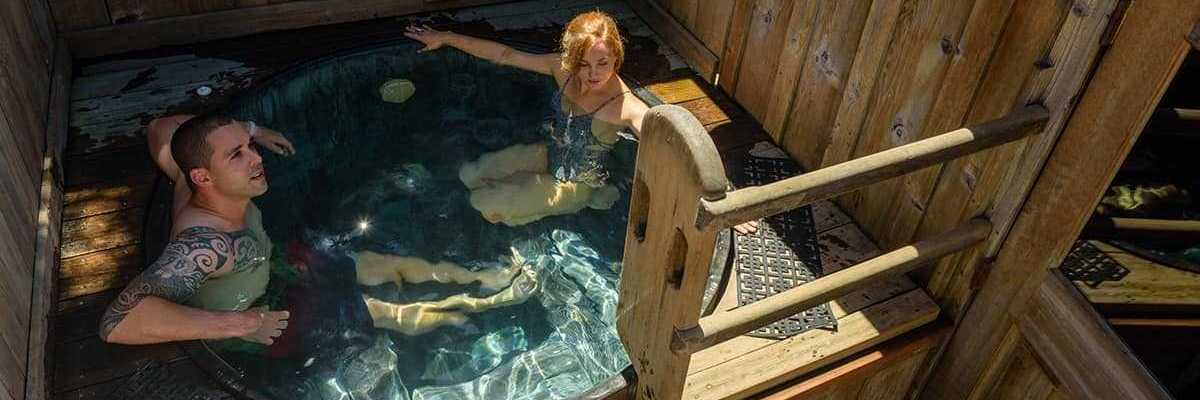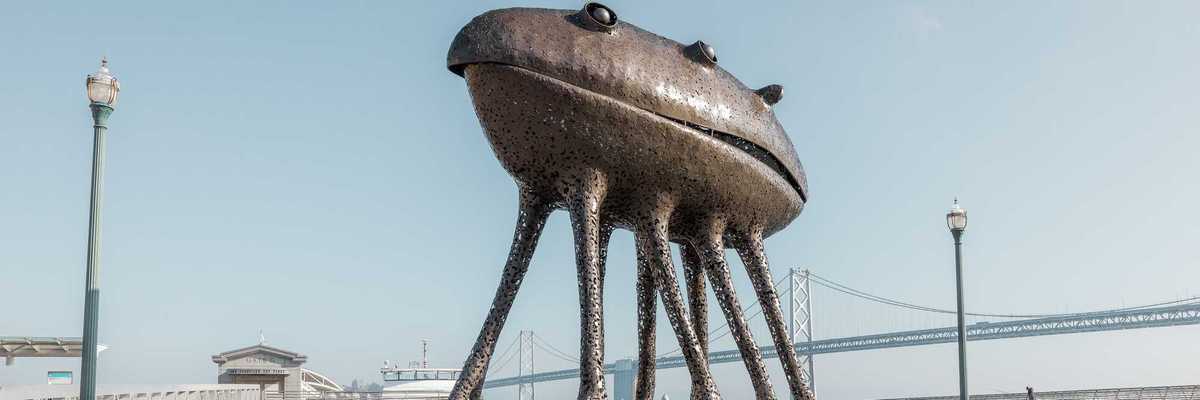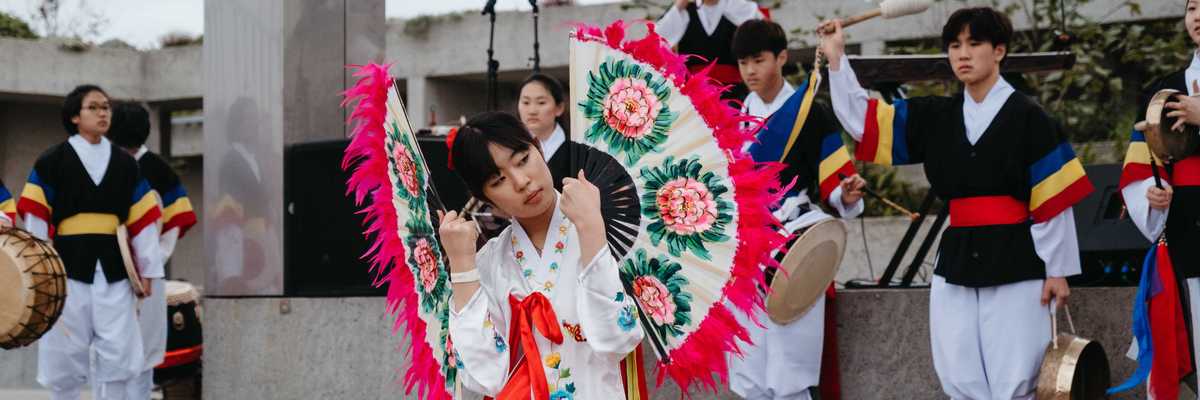Richard Wagner’s The Ring of the Nibelung (also known as The Ring Cycle) is sometimes called the Armageddon of opera—but not because there’s a big fire at the end. The saga begins with the forging of a mystical gold ring that gives its bearer ultimate power along with a tragic curse. The ring passes through generations of gods and mortals who steal it from one another until it’s finally returned to its origins in a spectacular finale. It all takes place over 17 hours in four operas performed over four nights, so it’s no wonder that few companies even consider it. But this summer, director Francesca Zambello, who’s been artistic advisor to the SF Opera for the past five years, will do the whole thing three times.
Zambello splits her time between London and New York, where she’s staged operas at the Met and musicals such as Disney’s The Little Mermaid. She’s directed parts of The Ring Cycle before, but this summer’s production pulls the whole thing together. To Zambello’s mind, it offers both high art and big entertainment. “You’re dealing with such a sophisticated story and fascinating, well-developed characters, you don’t feel like you’re in some sort of operatic cliché,” says Zambello, whose updated staging explores the destruction of nature, women’s roles, and the quest for power. She’s also pushing Wagner’s gods, giants, and dwarves drawn from Norse legends and Teutonic myths into modernity with costumes that evoke the California Gold Rush and the Industrial Revolution.
“The Ring starts with two things: someone stealing gold from nature and someone making a bad real estate deal,” says Zambello, who goes so far as to compare the opening opera, Das Rheingold, to the corruption of Bernie Madoff and the banking loan industry. “It’s very much a character-driven piece. They may be gods, but they’re very human.”
The second opera, Die Walküre, introduces Zambello’s favorite character, Brünnhilde, sung by soprano Nina Stemme. No one appears in all four of the operas, but Brünnhilde and her father Wotan (played by baritone Mark Delavan) show up in three. In the apocalyptic finale, Götterdämmerung (of which Zambello’s production makes its world premiere), a confluence of fire and water destroys the palace Valhalla. The scene, says Zambello, is a reminder of more recent disasters, such as Japan’s 2011 earthquake and tsunami. “That’s what makes it feel contemporary—because there’s something speaking to you in a different way,” she says. “The great works always deepen.”
The Ring of the Nibelung plays June 14–19, June 21–26, and June 28–July 3





